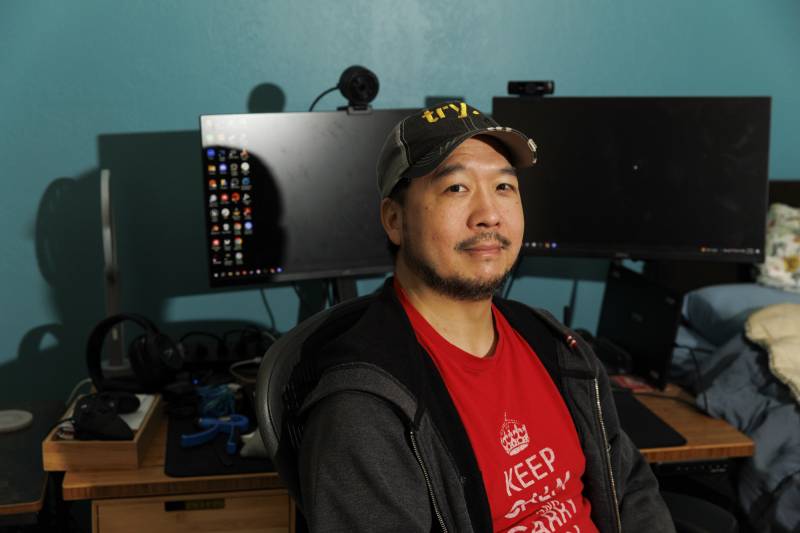The layoffs especially impact California, where some 44,000 jobs are located, constituting about 40% of the game industry.
This is reflected in layoff notices, collected daily by Big Local News’ Layoff-Watch. According to the notices, Sega of America laid off 61 workers in early March, and Activision Blizzard and Riot Games will lay off 899 and 336 people, respectively, later this month.
The causes of the layoffs vary by company. The cuts at Activision Blizzard, for example, came after Microsoft acquired the company in October and then proceeded to slash 1,900 jobs across its gaming workforce.
Still, Dmitri Williams, a professor at USC Annenberg who studies the video game industry, said there are three factors that help explain the layoffs: A generation of video game consoles is nearing its end, driving down new machine sales. Some companies have struggled to keep up with the move toward “live service games,” where publishers continue to add new content after a game’s release. Meanwhile, the industry overall is shedding some of the jobs it added in response to a surge in demand during the pandemic.
“The industry isn’t collapsing,” Williams said. “This is more like the pendulum swing you would expect as the industry goes through its cycles, and it will probably swing up again in the coming years.
“But all this is cold comfort if you’re one of the people laid off,” he added.
Neha Nair, a former senior community and social media manager at Crystal Dynamics, was laid off in September. She has needed to cut costs to afford to live in San Jose with her partner, and the job search has been disheartening.
“Every role I’m applying for has at least a thousand applicants,” she said. “I want us all to land on our feet, and I hate that I’m competing against people that I’m rooting for.”
Nair is attending the Game Developers Conference and said she looks forward to connecting and finding support with others who have been laid off.

